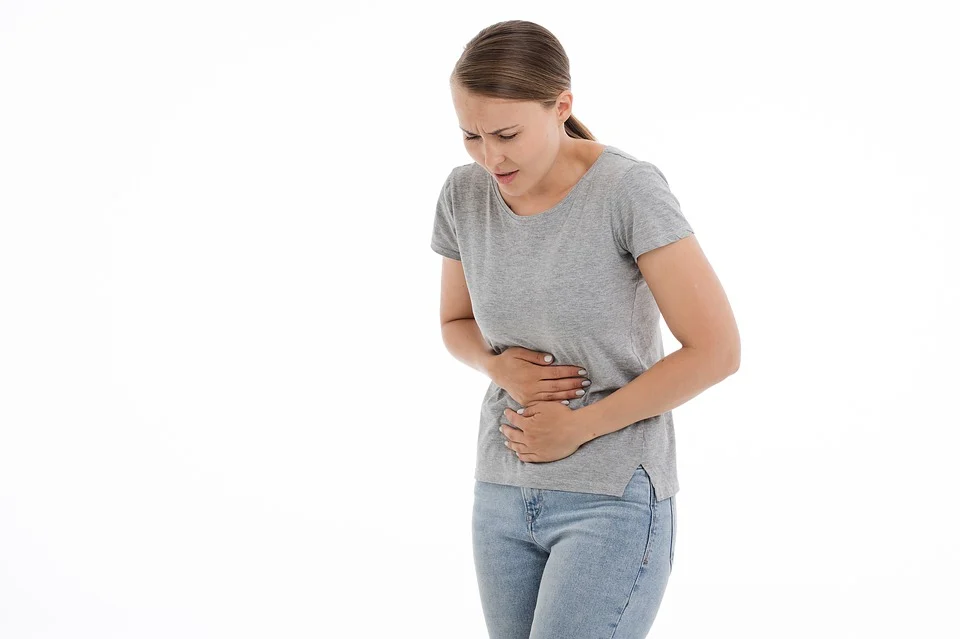Period pain or dysmenorrhea is a common problem experienced by women during their menstrual cycle. Cramps aren’t always a symptom of a more serious illness, but they may be. And while they don’t necessarily indicate something is wrong, they do have an impact on your daily routine.
Why Do Menstrual Cramps Occur?
Dysmenorrhea is caused by the release of prostaglandins. These are hormones that are released when the lining of the uterus breaks down during menstruation. The prostaglandins cause the muscles in your uterus to contract, which can lead to cramping pain.
What Can Worsen Menstrual Cramps?
There are a number of things that can make cramps worse. For some women, they may be more severe during the first few days of their period. Others find that their cramps worsen as they get older. And for some, certain activities or foods can trigger cramping pain.
Common Triggers of Menstrual Cramp Pain
- Excessive exercise
- Eating spicy foods
- Drinking alcohol
- Smoking cigarettes
Apart from these, there are some health conditions that may also worsen the pain of cramps. These include:
- Endometriosis
- Fibroids
- Pelvic inflammatory disease
- Adenomyosis
What Can You Do To Relieve Menstrual Cramps?
There are several natural home remedies that can help relieve the pain and discomfort of menstrual cramps.
Heating Your Abdomen
A hot water bottle or heating pad placed against the belly can help to relax the muscles and relieve cramps.
The heat relaxes the uterine muscle and the surrounding tissues, which may help with cramping and discomfort.
A heating pad or a hot bath might also be utilized on the lower back to help with back discomfort. Another option is to take a warm bath, which can relax the muscles in the abdomen, back, and legs.
Frequent Exercising
Exercise can help to relieve cramps by promoting blood flow and relaxing the muscles.
Additionally, exercise releases endorphins, which are natural painkillers that can help to reduce pain.
Yoga and stretching are particularly helpful in relieving cramps.
Eating A Healthy Diet
Eating a healthy diet with plenty of fruits, vegetables, and whole grains can help to ease cramping.
A diet rich in magnesium-containing foods such as dark leafy greens, nuts, and seeds may also help to reduce cramping.
Magnesium is a mineral that helps to relax the muscles and ease the pain.
Some research has shown that taking a magnesium supplement may be helpful in reducing period pain.
Reducing Stress Levels
Stress can make menstrual cramps worse.
Yoga, meditation, and deep breathing can help to reduce stress levels and ease cramping.
Acupuncture And Massage
Acupuncture is a traditional Chinese medicine technique that involves the insertion of thin needles into the skin at specific points on the body.
Massage can also help to relax the muscles and relieve pain.
OTC Medicines
Over-the-counter medicines such as ibuprofen and naproxen can help to reduce pain and inflammation.
When To Consult Your Doctor?
If natural remedies don’t help to relieve your cramps, or if you experience severe pain, consult your doctor.
They may prescribe medication or suggest other treatments.
In rare cases, severe cramping can be a sign of a more serious condition such as endometriosis.
Endometriosis is a condition in which the tissue that lines the uterus grows outside of the uterine cavity.
It can cause pelvic pain and cramping, which is often worse during menstruation.
If you experience severe pain, consult your doctor to rule out any underlying conditions.
Conclusion
Women’s menstrual cramps are a common problem. There are several natural home remedies that can help women cope with their menstrual cramps. Heating your abdomen, frequently exercising, eating a nutritious diet, reducing stress levels, acupuncture, massage, and over-the-counter medicines can all aid in the relief of menstrual cramps.
Consult your doctor if natural therapies don’t help to relieve your cramps or if you’re in terrible pain. They might prescribe medication or recommend other strategies.

